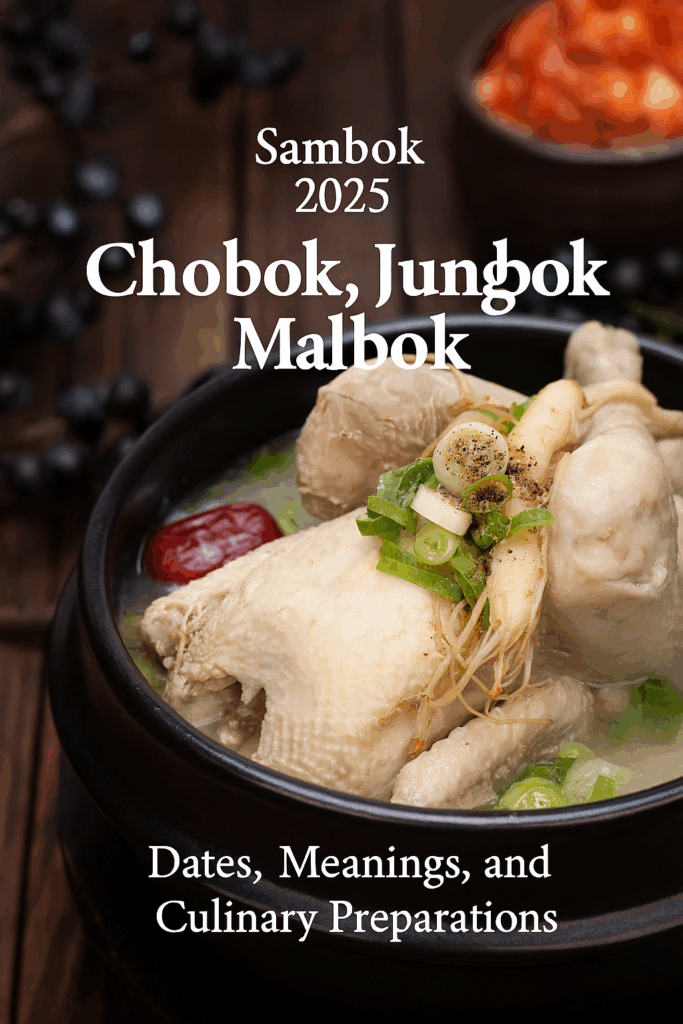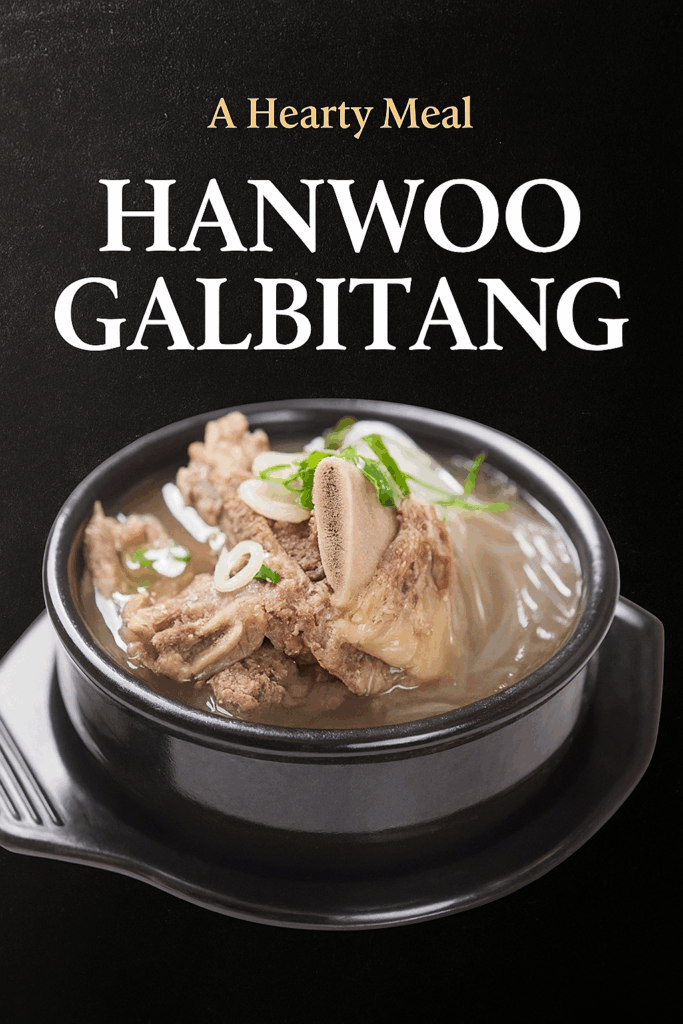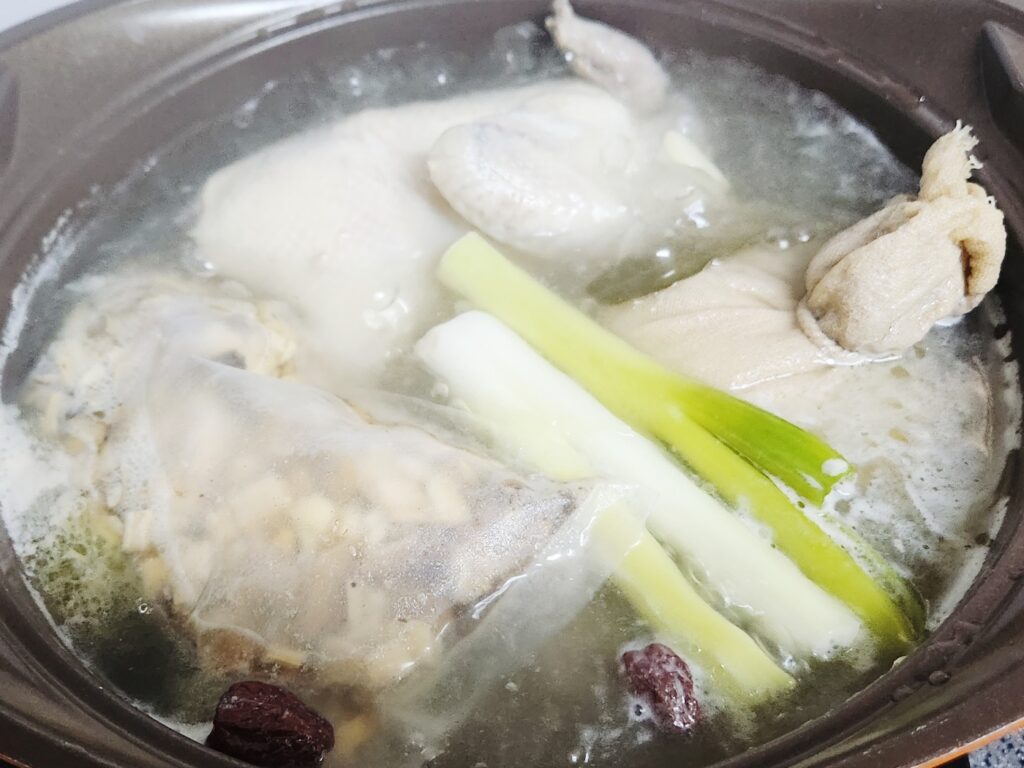
If you’re living in Korea or just visiting during July and August, you might be surprised to find certain restaurants suddenly packed and conversation turning toward special dates called “Chobok,” “Jungbok,” and “Malbok.” These are more than just random days—they mark Sambok (삼복), a unique Korean tradition for coping with the hottest time of the year.
Let’s dive into what Sambok means, when it happens in 2025, what special foods are eaten, and how you can fully experience this fascinating aspect of Korean summer!
What is Sambok?
Sambok is a collective term for the “Three Bok Days”—Chobok (초복), Jungbok (중복), and Malbok (말복). These days are spaced roughly ten days apart during the peak of summer, according to the lunar calendar. The word “bok” (복) itself means “to yield to the heat,” reflecting how even animals are said to lie down, overcome by intense temperatures.
Sambok has deep roots in Korean culture, reflecting both the hardship of summer heat and the wisdom of ancestors who learned to fight fire with fire—quite literally! Rather than trying to cool down with iced drinks as in the West, Koreans favor “iyeolchiyeol” (이열치열), which means conquering heat with more heat. On Bok days, you’ll see locals lining up for steaming bowls of hot, nourishing soups.
Sambok Dates for 2025
This year, the Sambok days fall on:
- Chobok: July 20 (Sunday)
- Jungbok: July 30 (Wednesday)
- Malbok: August 9 (Saturday)
With two out of three falling on the weekend, it’s a special chance for families and friends to gather and enjoy traditional meals together.
Why is Sambok Important?
Sambok isn’t only about battling heat. Traditionally, the exhausting weather was believed to sap both energy and immunity. So people developed special “boyangsik” (보양식, stamina-boosting foods), designed to restore health and help you endure the summer. On top of physical wellness, these are days for family and friends to connect, sharing hearty meals that form lasting memories.
Classic Bok Day Foods and Their Meaning
Let’s explore the top foods you’ll encounter and what makes each dish special:
1. Samgyetang (삼계탕) – Ginseng Chicken Soup
Without doubt, this is the icon of Bok food. A whole young chicken is stuffed with ginseng, sticky rice, dates, garlic, and simmered until tender. Rich in nutrients, it’s especially popular with office workers and the elderly who want to boost immunity and fight fatigue. On Chobok, expect to wait hours for a table unless you reserved!
2. Jangeo-gui (장어구이) – Grilled Eel
Known for its stamina-restoring power, eel becomes a favorite on Jungbok. High in protein and vitamin A, it’s especially recommended for those feeling drained. Eel restaurants are always busy—locals will advise booking ahead.
3. Chueotang (추어탕) – Loach Stew
Less flashy but equally nourishing, this hearty soup features loach fish, wild greens, and barley rice in a savory broth. Considered soul food for many Koreans, it’s affordable and packed with protein and minerals. If you want to eat like a local, give it a try!
4. Ori Baeksuk (오리백숙) – Duck and Herbal Soup
Duck simmered with medicinal herbs like astragalus and angelica is often enjoyed on Malbok, believed to help cool body temperature and ready you for the coming fall. The taste is milder and less fatty than chicken.
5. Jeonbokjuk (전복죽) – Abalone Porridge
For those with sensitive stomachs or recovering from illness, silky abalone porridge is both nutritious and restorative. Its smooth texture and rich flavor make it a favorite among all generations.
6. Galbitang (갈비탕) – Beef Short Rib Soup

If you crave beef, this clear yet savory soup is loaded with minerals and helps replenish energy. It’s filling, healthy, and perfect for those seeking strength during the year’s toughest heat.
When to Eat What?
Knowing which day matches which food makes the experience more authentic:
| Bok Day | Date | Recommended Food |
|---|---|---|
| Chobok | July 20 | Samgyetang, Baeksuk |
| Jungbok | July 30 | Jangeo-gui, Chueotang |
| Malbok | August 9 | Ori Baeksuk, Jeonbokjuk |
Summer Health Tips, Korean Style
To get the most out of Sambok season, Koreans pair their special meals with other smart habits:
- Stay hydrated: Drink at least 2 liters of water daily, preferring room-temperature over iced.
- Eat seasonal fruit and light protein: Watermelons and cucumbers are favorites for cooling down, while small, regular meals keep you energized without burdening your stomach.
- Rest well: Summer fatigue is real, so enjoy a short nap during the day and ensure 7–8 hours of sleep at night.
- Exercise at the right time: Early mornings or evenings are best, as intense daytime sun can lead to dehydration or heatstroke.
- Practice good hygiene: Korea’s humid summers can lead to spoiled food and spread of germs, so keep hands clean and food refrigerated.
Korean Tourism Organization – Sambok Guide
Experience Korean Summer Like a Local

Whether you’re a student, traveler, or resident, joining Bok day festivities is a great way to experience authentic Korean culture. Don’t be shy—visit a local restaurant, try Samgyetang, or share a meal with friends or your host family. You’ll find that Korean hospitality shines brightest when temperatures soar.
Remember: The secrets to surviving a Korean summer are resilience, good food, and great company. Reserve ahead, pace yourself in the heat, and enjoy the best of what July and August have to offer. Happy Sambok!
Discover Goyang Water Park (Felix Swimming Pool): A Local Family’s Hidden Summer Gem Near Seoul